In this How to Grow article, Growers Network introduces the topic of extracts to the new grower.

The following is an article produced by Growers Network. This article is for educational purposes only. We do not claim any responsibility for any legal or financial repercussions of your decisions. Always consult with a lawyer or attorney before making a decision that could have a legal consequence!
I guess you better keep reading to find out!
Writer’s Note: The following information is educational. We do not advocate attempting to do your own extraction. Extraction should be performed by professionals with the proper equipment and facilities only, regardless of the legality in your part of the world. Again, DO NOT attempt to do your own extractions. It can be extremely dangerous!

Want to “Get” Extracts? You Better Concentrate
When most people hear the words Cannabis or marijuana, they probably think about the more traditional methods of consumption, namely smoking the dried and cured flowers in a joint, pipe, or bong. Or maybe they think about Cannabis edibles like brownies, cookies, gummies etc. These methods are widespread and still the most common form of usage for Cannabis, but as medical and recreational Cannabis use become more and more popular, different methods of consumption are becoming popular as well, particularly “extracts.”
So what are extracts? Generally speaking, extracts are products made from extracting the desired cannabinoids from the cannabis flowers via some chemical process, resulting in a highly concentrated form of cannabinoids for consumption. This is why you’ll also hear them referred to as “concentrates.”
How Are Extracts Made?
Extracts are obtained through a chemical process in which cannabis flowers are exposed to a solvent such as butane, ethanol, or CO2 to separate the desired compounds (Cannabinoids, terpenes, etc.) from the plant matter, leaving only highly concentrated product with relatively little of the plant remaining. It’s not all about the “high” of THC though. Extraction techniques can also be used for concentrating other, non-psychoactive compounds for medical use, such as CBD or CBG.
Types of Extracts
Once an extraction has taken place, there are a number of products that can be further refined. These products come in a variety of forms, but are often not too dissimilar. We’ll introduce you to a few extracts now, but please keep in mind that this is not an exhaustive list.
Kief
Kief is a simple extract with a cannabinoid content higher than the flower it came from, but lower than other extracts removed via a solvent, and it’s one of the oldest cannabis concentrates known to humankind.
Kief is simply a collection of powdery trichomes and can be obtained easily if you use a grinder or sieve to break up your cured cannabis. It can be smoked or vaporized, with many users opting to sprinkle a little kief onto the flower they are smoking for a little added flavor and potency.
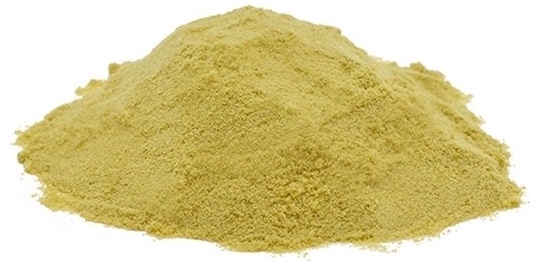
Hash
Hash is another relatively simple extract that can be made with or without solvent extraction. Like kief, Hash potency lands between the flower it came from and a solvent based extract such as shatter. In fact, the simplest hash is actually made from compressed kief! Hash can also be created using ice to extract trichomes from buds and leaves or by using a solvent such as ethanol. Though not as potent as other extracts, hash remains a popular concentrate.
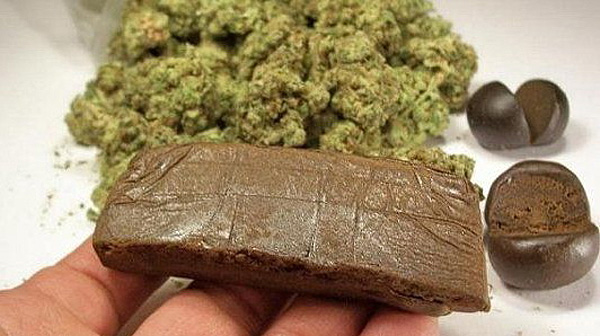
Butane Hash Oils (BHOs)
These highly concentrated extracts are obtained in a process that uses butane as the extraction solvent. BHOs come in a variety of forms and go by a variety of names. More information on a couple of these below:
Shatter
Shatter is a solid, glass-like product of highly concentrated THC and plant resins and can be smoked or vaporized. A variety of variables in the extraction process such as temperature, pressure, and time since harvest can cause shatter to have more of a liquid quality and this product is sometimes referred to as sap.
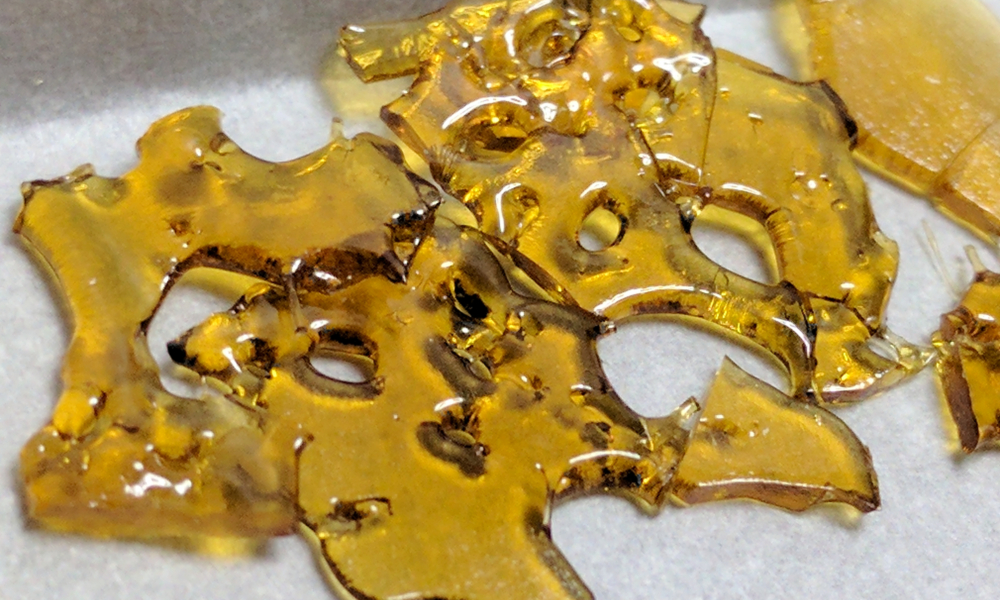
Wax
Wax is similar to shatter, but unlike shatter it doesn’t have the clear, glassy quality. Like shatter, wax can vary in consistency and as a result can go by several different names. For example, runny, liquid wax is called “budder” while harder wax goes by the names “crumble” or “honeycomb.” Wax is typically called wax because it resembles earwax or beeswax.
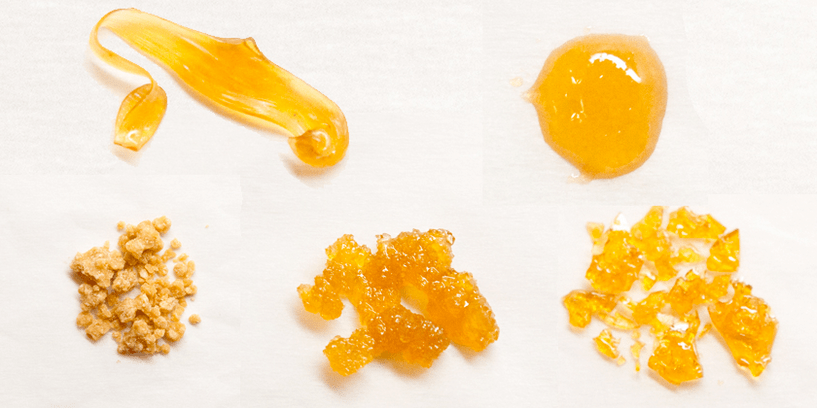
Supercritical CO2 Oil
Supercritical CO2 oil is an extract obtained using carbon dioxide (CO2). This extract is mixed with propylene glycol to keep it in a liquid state and is most often used with a “vape pen,” essentially an e-cigarette with a cartridge that contains the CO2 oil. The portability and discrete nature of this product make it a very popular extract. Because CO2 is the solvent, it is very safe for consumers.
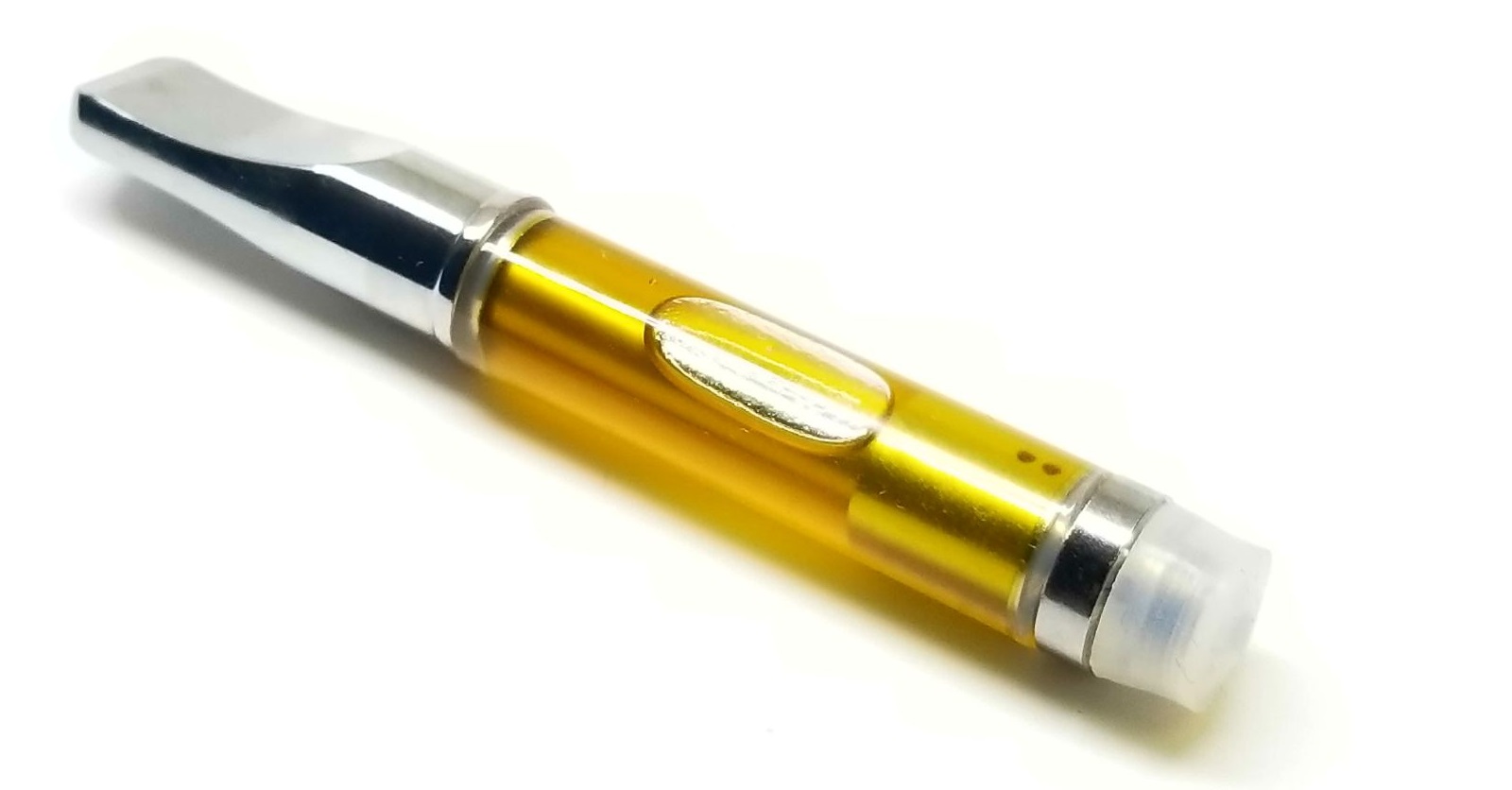
Rick Simpson Oil
Rick Simpson Oil (RSO) goes by other names including Cannabis oil, hemp oil, cherry oil, or honey oil. This medicinal, whole-plant Cannabis oil is taken orally, sublingually (under the tongue) or applied to the skin (topically). Rick Simpson Oil is a popular extract among cancer patients seeking relief from a variety of symptoms, with some claiming, including Rick Simpson himself, that it was able to cure their cancer completely. These results are anecdotal however, and it should be noted that there is little clinical research available to validate the claims at this time. However, the prospect of additional research is good with Cannabis becoming more acceptable overall.

There you have it! Now you know what extracts are, how they’re made, and even a few specific types. These concentrated varieties of cannabinoids continue to increase in popularity as legal and medicinal Cannabis use increases around the world.
So what do you think? Have you tried extracts? We’d love to hear your thoughts as a comment, message, or in our forum!
10 Best Gift Ideas for Cannabis Connoisseurs and Growing Aficionados (2022)
December 7, 2022Developing and Optimizing a Cannabis Cultivation System
December 14, 2021Dealing with Insomnia: How Can CBD Help?
December 10, 2020Your Guide to Sleep and CBD
December 7, 2020
Do you want to receive the next Grower’s Spotlight as soon as it’s available? Sign up below!

Do you have any questions or comments?

About the Author
Chris DeWildt is a graduate of Grand Valley State University and Western Kentucky University. He worked in education and publishing for ten years before joining the team at Growers Network.